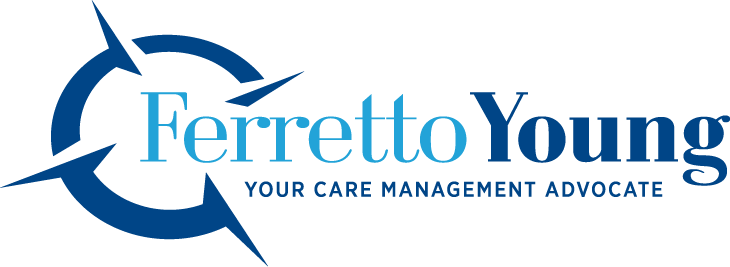Your Eldercare Compass
Helpful tips for family caregivers
March/April 2010
Practical help to make your life easier AND make life better for the people you care for.
- A clean home: Free services for women with cancer
- Tax tips for family caregivers
- Your changing role: Becoming a partner-in-care
A clean home: Free services for women with cancer
If you are caring for a woman with cancer, you know that even little tasks can feel monumental for her. Indeed, you may be doing the work of two people, trying to keep her house in order.
Here’s help for both of you: The Cleaning for a Reason Foundation
- pairs up participating cleaning companies with women undergoing treatment for any kind of cancer, and
- provides the cancer patient free housecleaning once a month for four consecutive months.
That’s one less thing to worry about. What a relief! And what a brilliant idea!
In 2006, residential cleaning services professional Deborah Sardone decided to do some good for women with cancer. Her friends persuaded her to start a foundation. Cleaning for a Reason has now served more than 2,500 women through the work of more than 600 “partner” housecleaning businesses. The partner businesses, all bonded and insured, donate their time to the foundation. In fact, the nonprofit foundation is entirely funded through private donations of money and services.
To register for cleaning help, sign up at the Cleaning for a Reason website. Check the list of participating maid services first to be sure there’s a partner in your area. Note the foundation is accepting a maximum of 50 applications per day.
You can help bring cancer support services to your neighborhood! Do you know a cleaning company that might be willing to participate? Let them know about the foundation. They can sign up online, too. The participating companies report there’s pleasure in giving back to their community. As one partner states, “There is a peace knowing we are doing something good.”
Return to top
Tax tips for family caregivers
Are you providing financial support for your parent? If so, you may be eligible to take some deductions or claim him or her as your “dependent.”
To claim your parent as a dependent requires that
- your parent’s income was less than $3650 in 2009. “Income” includes pension benefits, interest and dividends from investments, or withdrawals from retirement savings plans. It does NOT include Social Security or other tax-exempt income;
- you paid more than 50% of your parent’s support. He or she does not have to live with you. “Support” expenses include food, clothing, housing, medical and dental care, transportation, recreation, and other essentials.
If you and your siblings shared support expenses, a deduction is still possible. Requirements:
- The total support provided exceeded 50%.
- Only one sibling claims the deduction in a given year.
- The person claiming the deduction provided at least 10% of the support.
Note that you all must sign a multiple support declaration. (IRS Publication 17)
Consider these factors if outside care was required:
- Assisted living fees may qualify as a lodging for medical care if Mom or Dad lived in an assisted living facility because medical care or supervision was needed. (IRS Publication 502)
- You may qualify for the work-related dependent care credit if you hired home care or had your parent attend a senior day program so that you could go to work. (IRS Publication 503)
What if it is not your parent? You may claim a deduction for any qualifying relative for whom you provided support. (IRS Publication 501)
If you cannot claim your parent as a dependent because of their excess income or joint filing but have contributed to his or her medical or dental care, you still may be able to deduct these expenses.
Check with your accountant for more specifics.
Return to topYour changing role: Becoming a partner-in-care
It’s difficult to just stand by when a loved one’s habits are undermining his or her health or recovery. But you may have found that a scolding or a cheerful reminder just creates resistance.
Some tips from Motivational Interviewing may provide the basis for more success. Whether it’s quitting smoking, eating less, or exercising more, changing lifestyle habits is hard! Motivational interviewing was originally developed to help health professionals become more effective with patients facing the hardest habits to break: actual addictions.
This successful strategy involves becoming a supportive partner-in-care instead of a nag.
As a partner-in-care, you
- are positive. Focus on what your loved one can do and build on his or her strengths.
- are humble. Ask permission to get involved, including what your loved one would find most helpful from you.
- detach and empower. Help your loved one explore why, how, and what he or she might choose to change.
- use your loved one’s own motivation. Once you know what’s important to him or her, strategize together to emphasize those results.
- focus on building confidence. Start with a small step he or she is confident in being able to achieve. Success breeds success.
- listen carefully. Develop trust and reduce defensiveness by paraphrasing back what you think your loved one has said.
- resist the urge to persuade, coerce, or correct. These generally cause people to shut down.
Consider this YouTube video of a doctor using motivational interviewing to help a patient lose weight. It is staged. And your interchange will be different, of course. You are a family member. But it illustrates how, if you can think in terms of collaborating as a support person on a team, you will likely find less resistance and ultimately contribute to your loved one making successful changes over time.
Return to top
